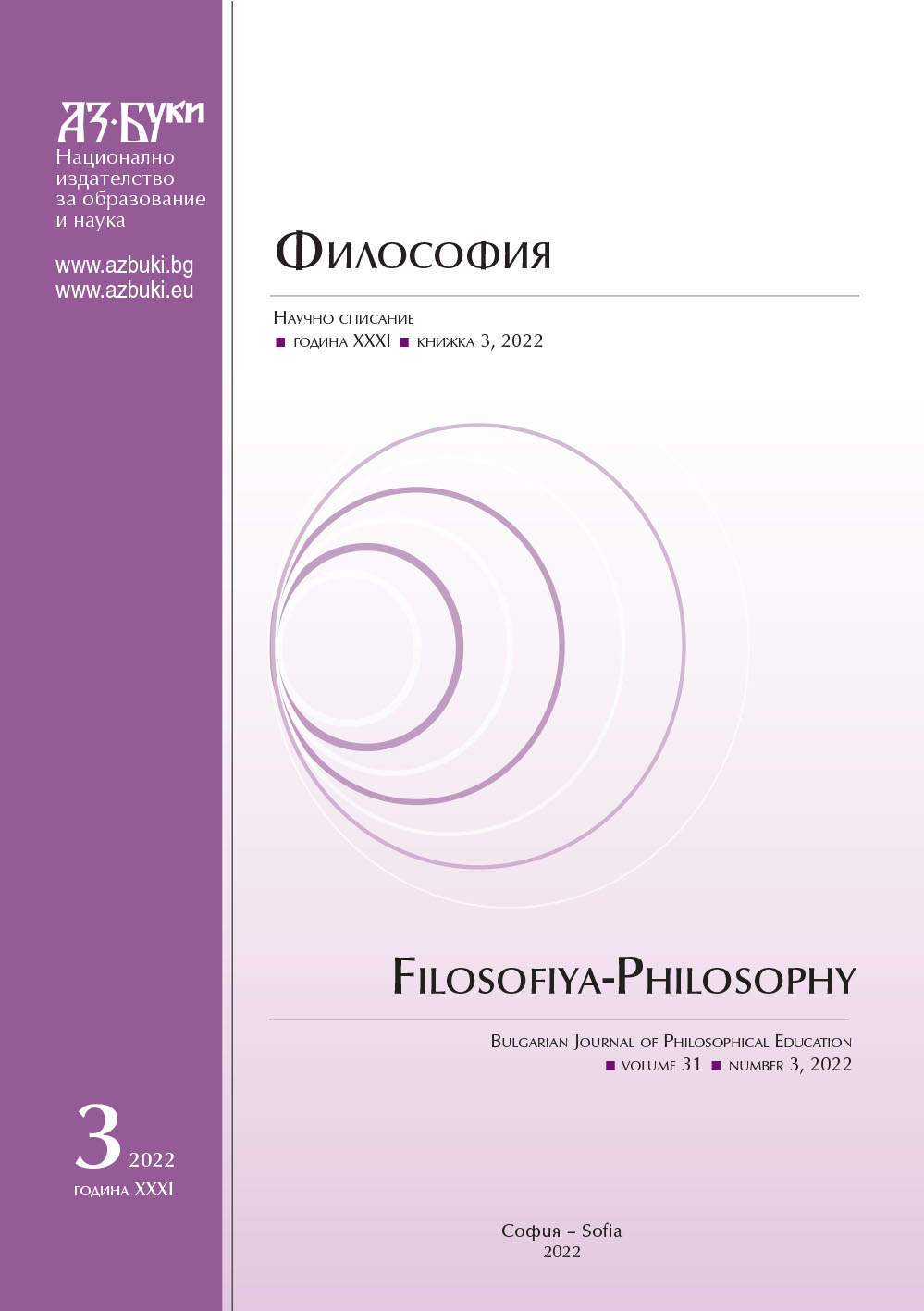Some Aspects of the Differences between Shame and Guilt
Some Aspects of the Differences between Shame and Guilt
Author(s): Ina Todoreeva, Ivanka AsenovaSubject(s): Philosophy, Social Sciences, Psychology, Ethics / Practical Philosophy, Special Branches of Philosophy, Philosophy of Mind, Social psychology and group interaction, Cognitive Psychology, Neuropsychology, Psychology of Self, Clinical psychology, Behaviorism, Psychoanalysis
Published by: Национално издателство за образование и наука „Аз-буки“
Keywords: moral emotions; shame; guilt; narcissism
Summary/Abstract: This article is focused on the differences between shame and guilt examined through a psychological perspective. The purpose of this analysis developed here is to attain conceptual clarity about what is distinctive about shame and guilt. We claim that shame is erroneously included in the category of “moral emotions” and that, paradoxically, there is nothing moral in it. To this end, we emphasize that shame is produced by the failure to achieve a certain minimum, which is social in its nature. It is therefore connected with low demands on one’s self and low self-esteem. Guilt, on the other hand, is based on the failure to achieve a subjective maximum and an ideal, so it tends to be observed in personalities that exhibit high demands upon themselves and a high self-esteem.
Journal: Философия
- Issue Year: 31/2022
- Issue No: 3
- Page Range: 272-281
- Page Count: 10
- Language: English
- Content File-PDF

